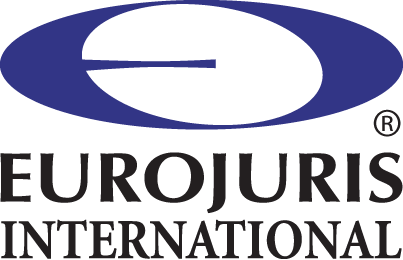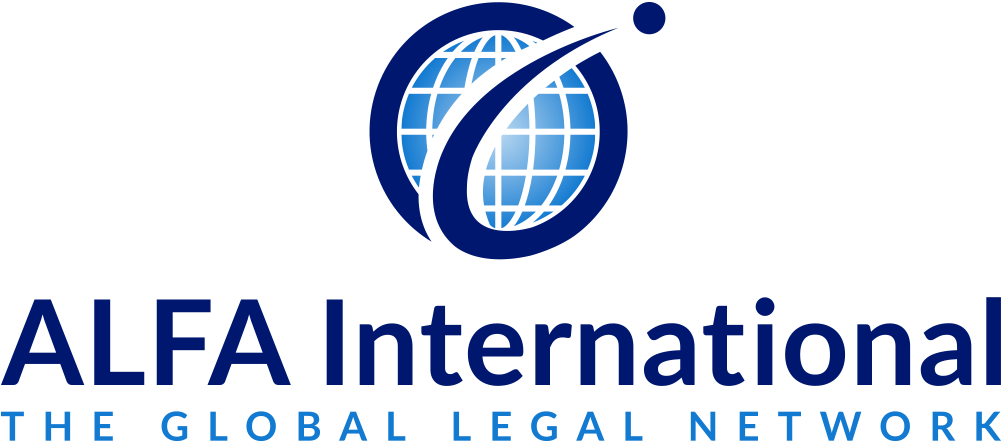Melanie Gassler-Tischlinger dealt with the question of whether employees are allowed to surf the Internet and send e-mails privately during working hours in the “Statement”, issue no. 3 (media magazine of the Austrian Journalists’ Club).
The answer is: it depends. Basically, it depends on whether relevant rules for private use exist or not.
An employer can decide that the Internet and the e-mail system may only be used for business purposes. In this case, private use is generally prohibited. In the event of long chatting, the employee can even be dismissed without notice.
If private use is to be permitted to a certain extent, a corresponding regulation can be included in the employment contract or the scope of use can be specified by means of an employer’s directive (e.g. company guideline). In companies with a works council, a works agreement must be concluded. There is a special regulation for federal employees which permits the use of infrastructure for private purposes to a limited extent.
Insofar as the employee is generally permitted to use the Internet and the e-mail system privately, operational interests and requirements as well as official duties must nevertheless be observed. The employee is therefore not allowed to surf the Internet if he has work to do. Also, no security risks or financial charges may be created for the employer. Accessing pornographic or politically radical sites etc. is therefore prohibited.
Minor or moderate private use is generally regarded as normal. A German labour court recently ruled that private surfing during working hours of 1.5 hours per day is excessive.
However, even if private use is expressly prohibited, it may be permitted in exceptional cases for important reasons (e.g. to deal with administrative matters or to arrange doctor’s appointments by e-mail). Even in the case of an absolute ban, dismissal because of first time minor use is usually inadmissible.
If the employer tolerates private use over a longer period of time, conclusive consent may be given. It is therefore advisable to define the permitted scope of use as precisely as possible.




